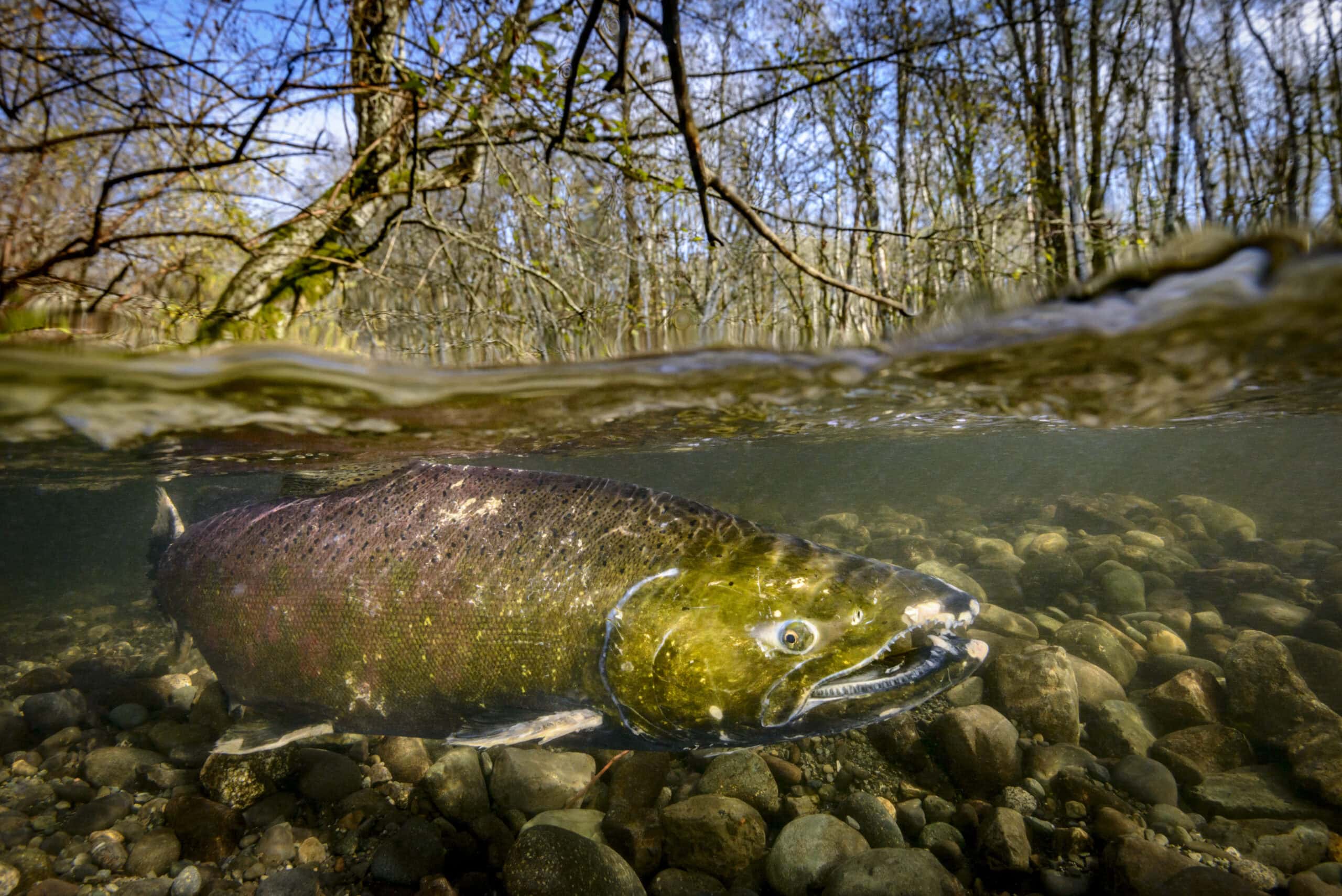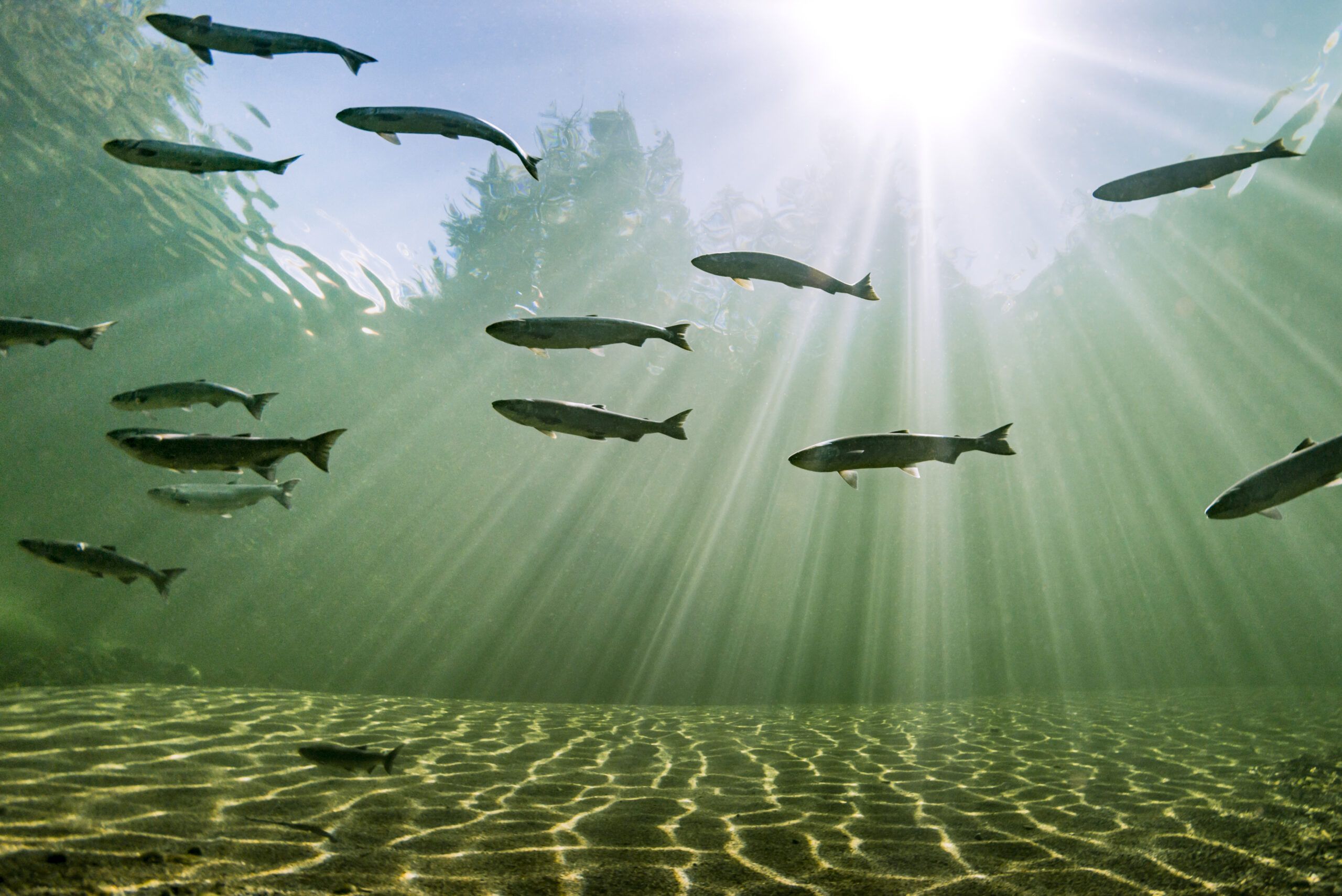The value of marine species lists
Marine species lists serve as fundamental tools for conservation and biodiversity management. By cataloging and monitoring species, we can identify those at risk of extinction and implement measures to protect them. These lists also help in tracking the health of marine ecosystems, as changes in species populations can indicate broader environmental shifts.
These resources provide a foundation for studying the ecology, behavior, and interactions of various marine organisms. Researchers and students can use the lists to gain insights into marine biodiversity, contributing to scientific knowledge and informing policy decisions. Additionally, they are valuable resources for environmental impact assessments, guiding sustainable development, and resource management practices.


Our partnerships
We are excited to share our collaboration with FishBase and SeaLifeBase to develop comprehensive species lists and ecosystem records for the Strait of Georgia. This partnership allows us to provide detailed and accessible information about the diverse marine life in this region.
FishBase is a globally recognized species database focused on finfish. It is the largest and most extensively accessed online repository of data on adult finfish. FishBase offers comprehensive species information, including taxonomy, geographical distribution, biometrics and morphology, behavior, habitats, ecology, population dynamics, reproductive data, metabolic information, and genetic data.
FishBase has produced ecosystem records for the Salish Sea, Strait of Georgia, and Puget Sound. They have also created full species lists of finfish for the Strait of Georgia. They have also updated their species records for the Strait of Georgia in their sister database, SeaLifeBase. Unlike FishBase, SeaLifeBase focuses on marine life other than finfish, providing key information on the taxonomy, distribution, and ecology of all other marine species worldwide.

